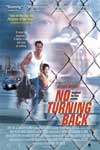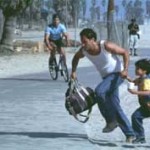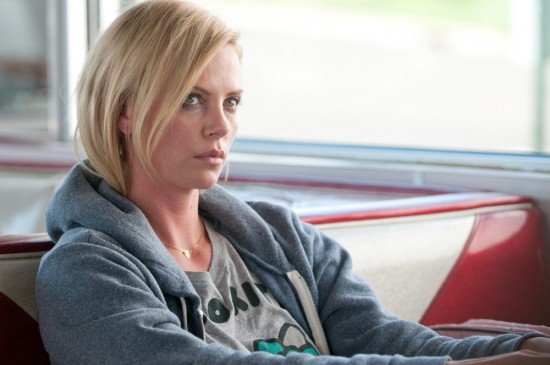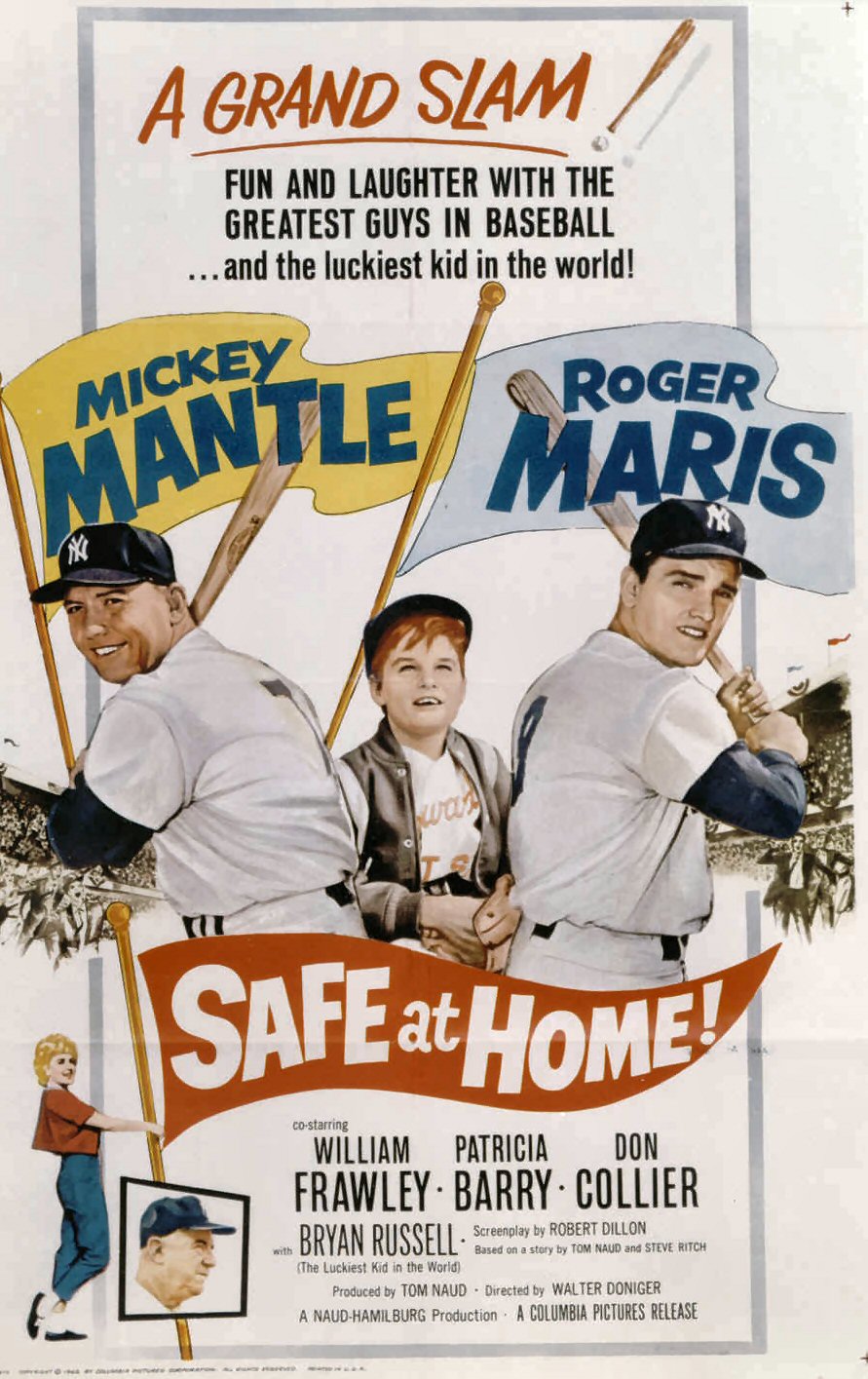Life would be easy if it were full of easy answers and decisions. But it’s not, so don’t even bother pretending. What makes life life are the times of turmoil and how we choose to deal with them. In No Turning Back, a joint American-Spanish production, black and white become gray as a single father tries to shed his demons in order to make his young daughter’s life better. While providing a perspective outside of the hegemonic quo often presented in Hollywood, co-directors and writers Julia Montejo and Jesus Nebot (who also stars) ultimately do so with mixed results.
Pablo Fernandez (Nebot) used to lead a good life as an English professor in Honduras. Then tragedy struck in the form of Hurricane Mitch, leaving him a widower and his young daughter Cristina (Chelsea Rendon) without a mother. Shortly thereafter, Pablo and Cristina sneak into the United States looking for the American Dream. Pablo ends up on a tomato farm. The dream turns to a nightmare when Pablo runs over and kills a young girl, sending him and Cristina onto the road to run from the police who will likely send them back to the poverty and bad memories that reside in Honduras. Somewhere along the way, Soid (Lindsay Price), an aspiring video-journalist in the vein of Michael Moore, gets caught up in the mix and sets out to document Pablo and his flight from the law.
No Turning Back is intense at its core, looking at not just the tough choices we make but the process that goes into making them. Decisions require a weighing of the pros and cons of all options. Most of the time the answer is clear and the process is subconscious. But in the case of this film, there are no easy answers. Every potential path seems to lead towards something bad. The objective for Pablo is to simply keep him and his daughter together, thus making all the other suffering secondary. But as Pablo begins to make choices, there’s a snowball effect that makes the potential consequences greater and greater. If he’s not caught, he’s still a fugitive in Canada with a daughter asking why they had to leave California. If Pablo is caught, then his daughter is without a father.
No Turning Back is strikingly similar in theme and story to Alejandro González Iñárritu’s 21 Grams, a film that was released two years later. In that film Benicio Del Toro is an ex-convict who hits and kills a father and his two daughters, leaving their mother left to ponder why and plot revenge. Whereas 21 Grams focuses on the morality issue of accidental death with a nonlinear story, No Turning Back pays more attention to what’s physically happening.
I think what is missing most from No Turning Back is a look beneath the surface. There are lots of moral and ethical issues that are touched on but never fully explored. Pablo is a good person, yet he’s in the best-case scenario he’s an illegal immigrant. This is mentioned as a driving point of the plot but the spotlight is never fully put on it. The film talks about what Pablo and Cristina are running away from, but Montejo and Nebot never show any of it or even describe it in graphic detail. If this had been done, I would have felt more sympathy for Pablo. It would have made No Turning Back more than a matter of him running for the good of his daughter. I guess I simply wanted something a little deeper.
There’s also a theme of media sensationalism and the search for journalistic truth with the introduction of Soid. Ultimately though, her being a filmmaker opens up the stylistic options more than it does bringing in further commentary.
As it stands, No Turning Back is a very good film with a slick story, strong characters and a different perspective from what I’m used to seeing. But I also thin No Turning Back could have been better if it just went a little bit further with the themes and dilemmas the story encounters naturally.
No Turning Back Gallery
Trailer
















